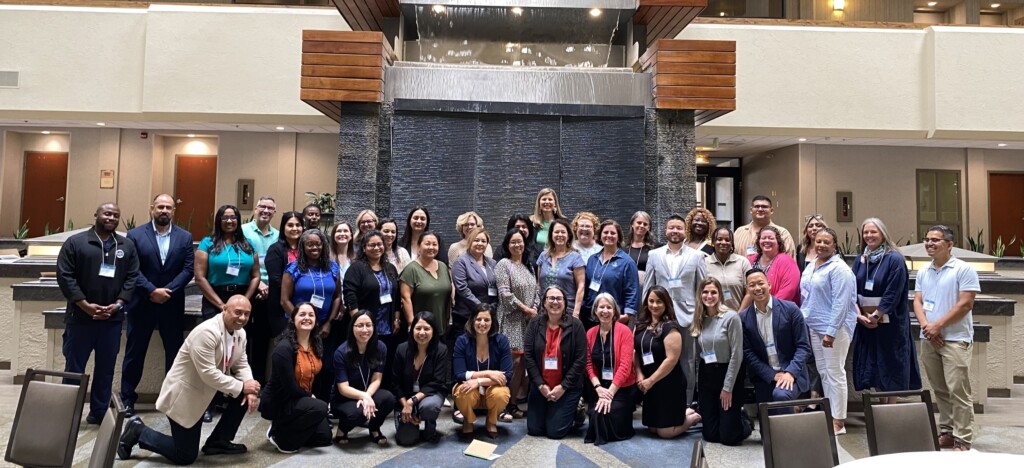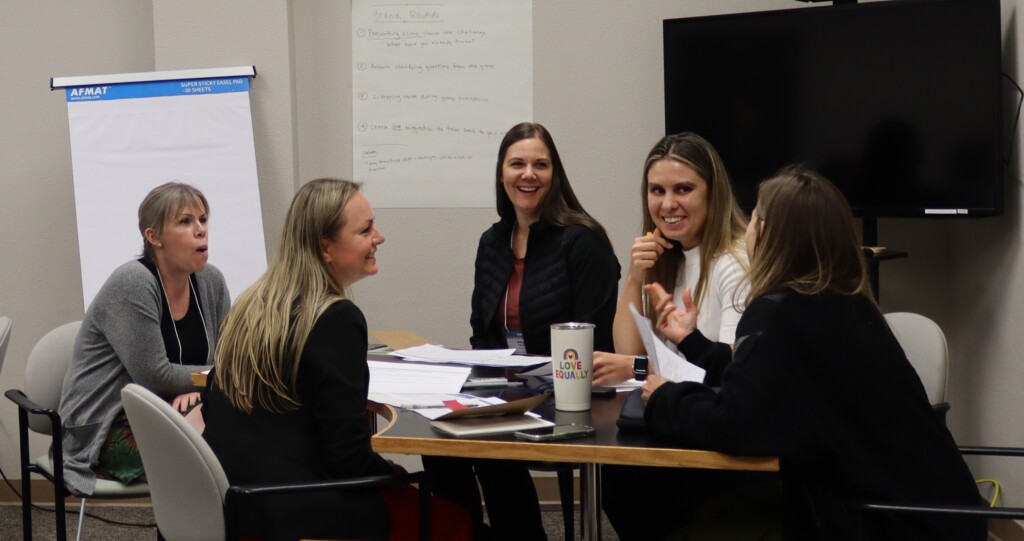Throughout the summer, CHCs from the PHMI Cohort came together in the Central Valley, North Coast, Sonoma County and Los Angeles, respectively, for interactive days of learning and collaboration.

The Learning Sessions were tailored for each region across the four events, designed in partnership with PHMI Practice Transformation coaches, subject matter experts, and RAC partners, covering the following topics:
- Strategies to improve access to care
- Tackling the challenges of behavioral health integration
- Responding to health-related social needs
- Using storytelling to sustain and spread population health management

Notable discussion highlights centered around strategies for behavioral health integration (e.g., workflow mapping, screening, and warm handoffs), empanelment to enhance access, and the power of storytelling to engage leadership and drive sustainable population health strategies. Participants emphasized the value of centering patient voice, building relationships across community providers, and learning from peers. During the Central Valley session, attendees expressed that hearing from the Chief of Behavioral Health at Community Medical Center inspired new ideas for improving care. Additionally, the Social Health panel during the Los Angeles RLS skillfully balanced perspectives from CHCs, community-based organizations, and managed care plans, creating a holistic view of collaboration.

The storytelling sessions held at each event were especially valuable for participants, helping them see how stories can reinforce and normalize organizational change. Teams learned a simple approach to crafting compelling stories that highlight the impact of their population health management efforts and began developing stories to share with leadership, care teams, patients, and managed care plans. They also explored how these stories connect to broader sustainability goals and shared ideas with one another, exchanging feedback and inspiration.
PHMI Regional Learning Sessions are designed toward strengthening collaboration and capacity across organizations to advance equitable, effective population health management.
